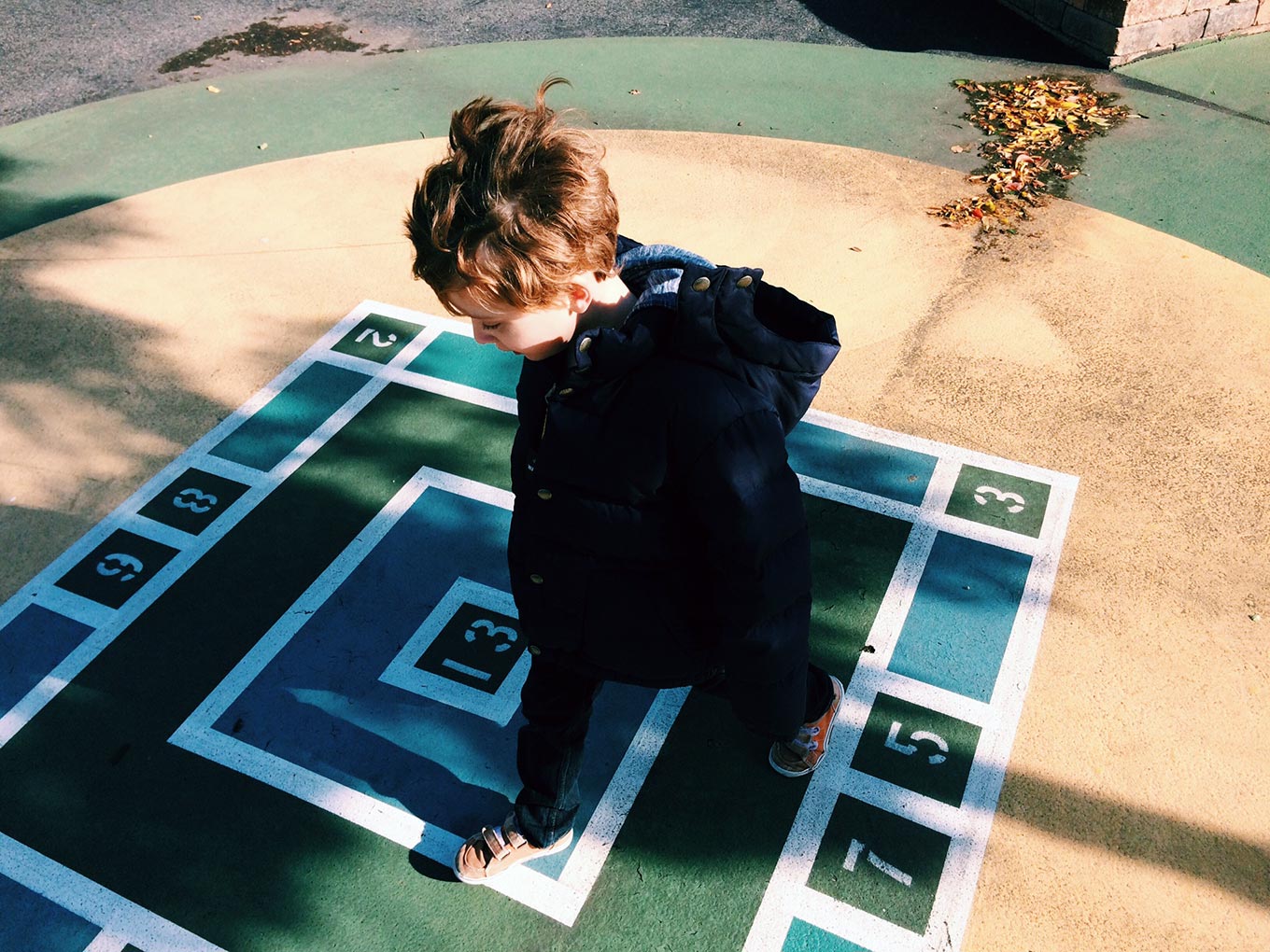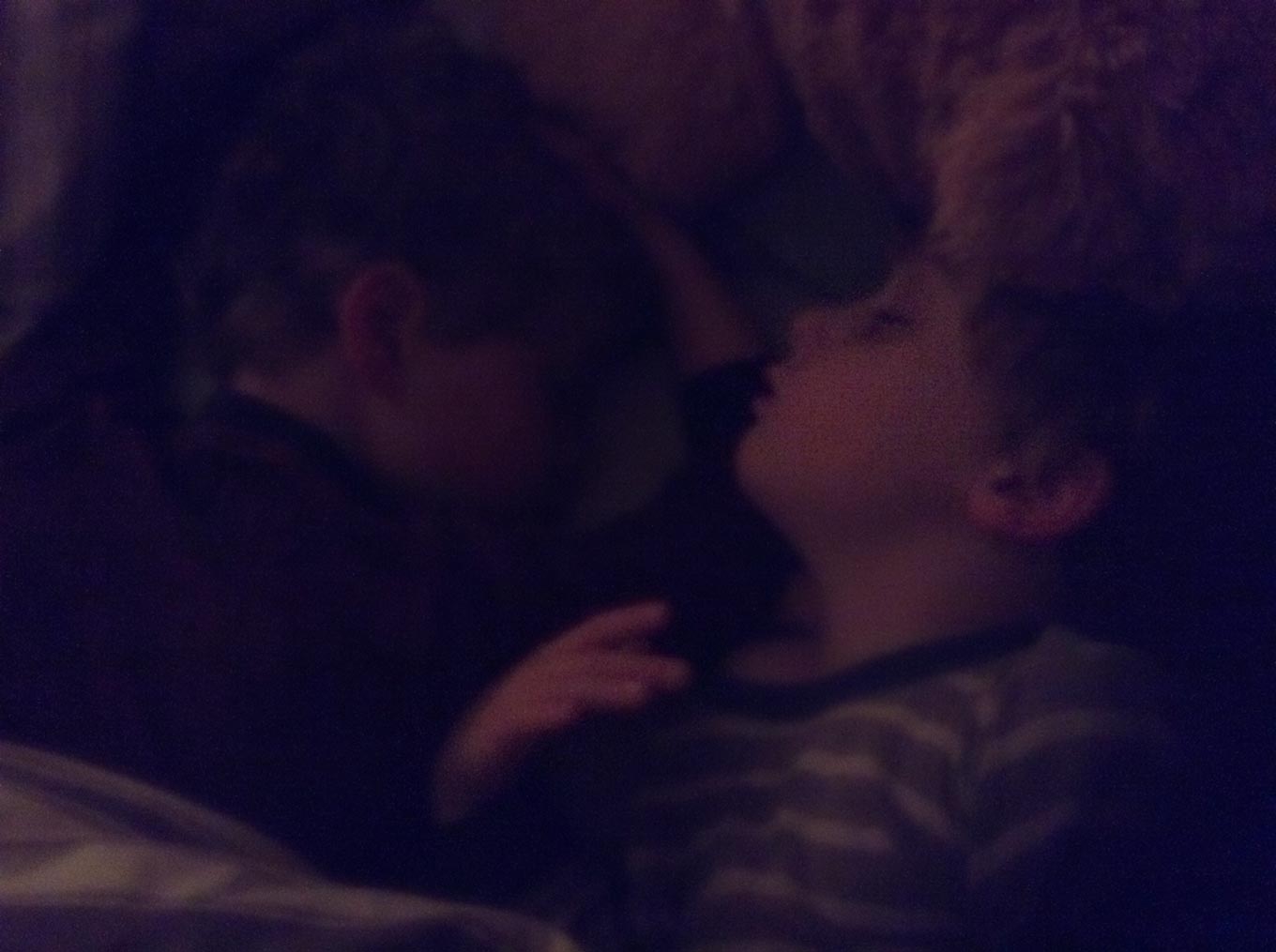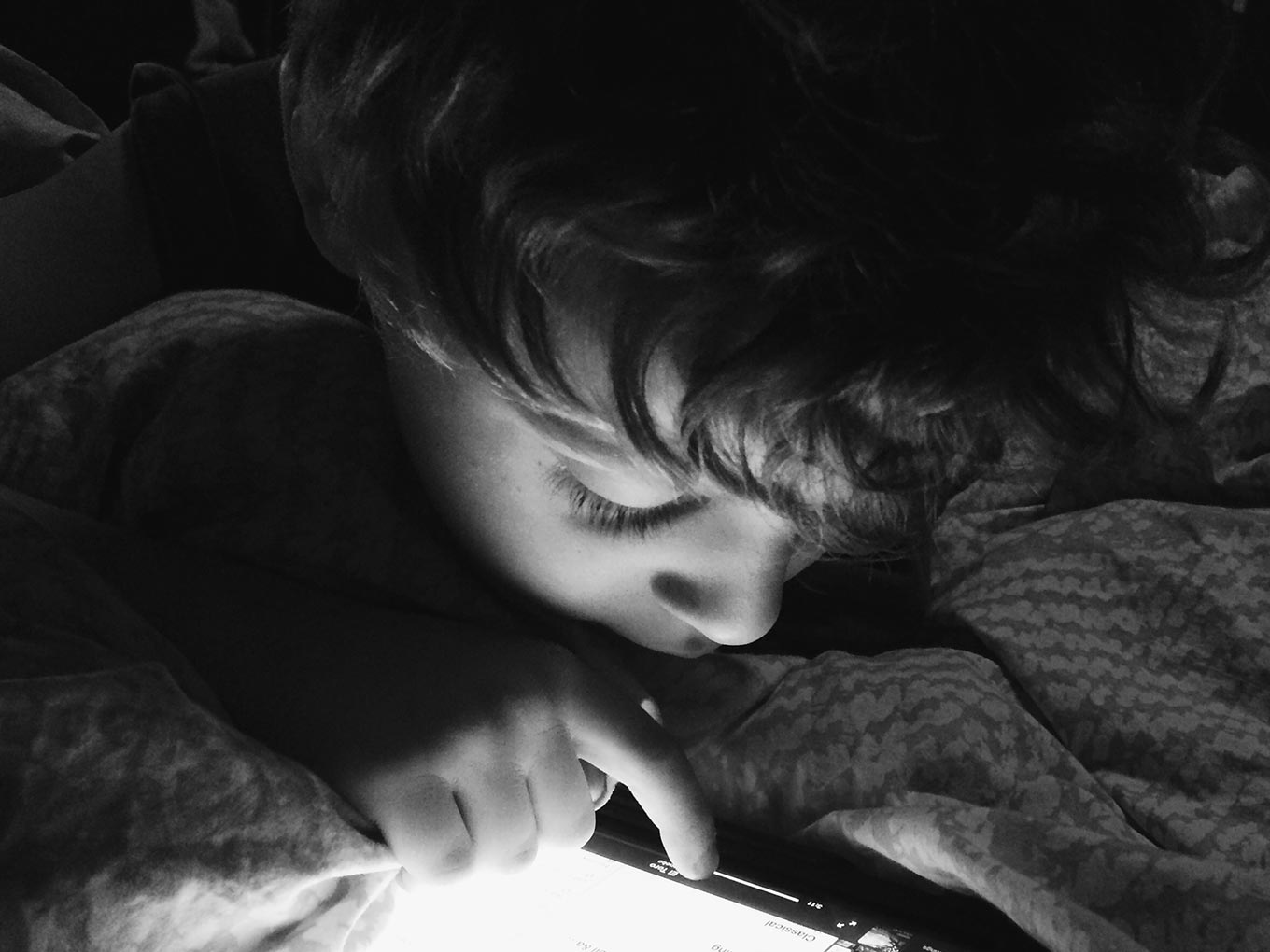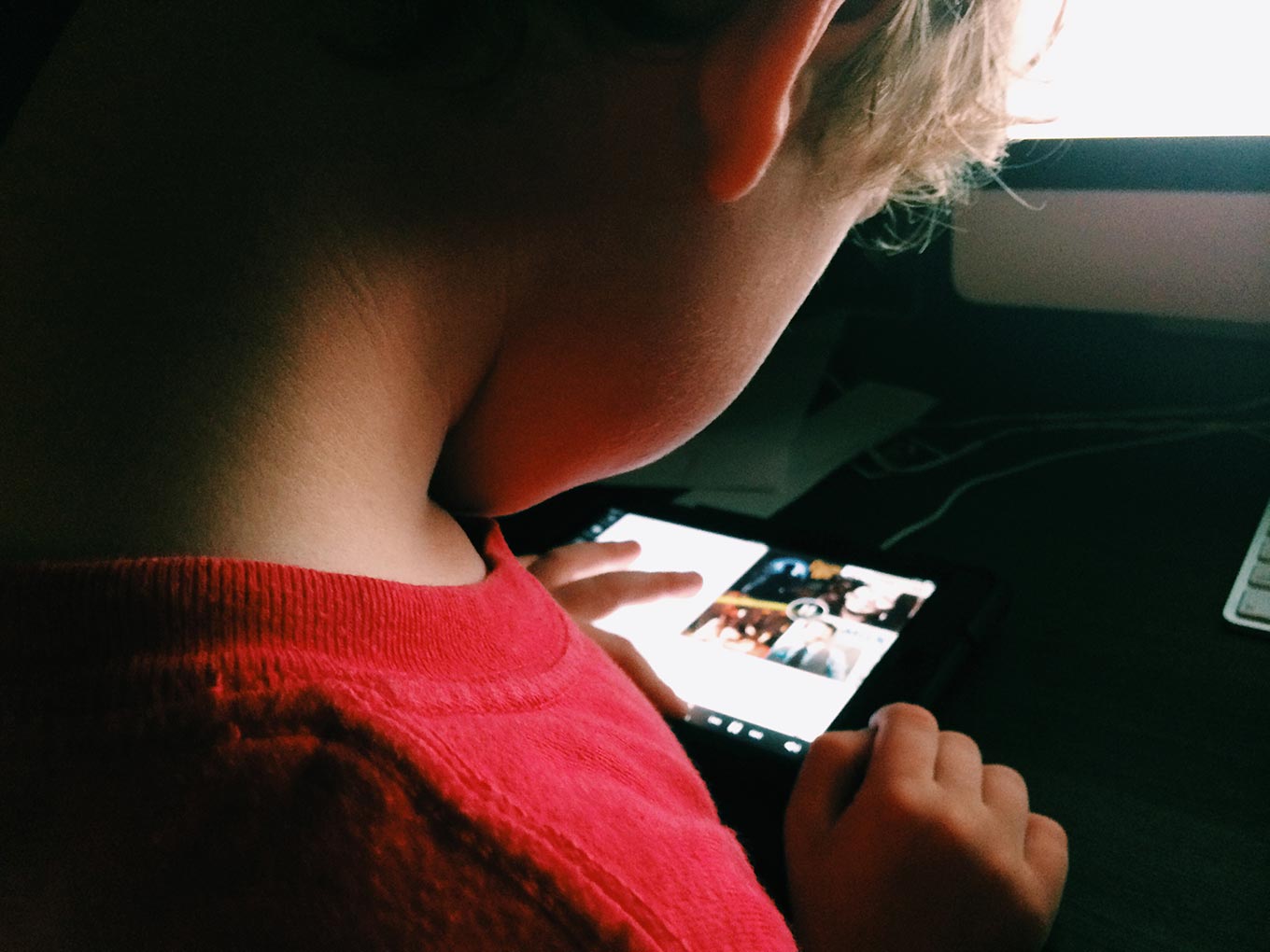 Here are some things I’ve read this past month that I found helpful, informative, or inspiring. Warning: there's more than usual!
Here are some things I’ve read this past month that I found helpful, informative, or inspiring. Warning: there's more than usual!
Oh, also, if you like this and find it helpful, please share with others. Thanks!
Opinions and insights
17 Wishes From an Adult With Autism. All great, but my favorite is number 13: "I wish for those who are on the spectrum and for those who love someone on the spectrum that you know we’re moving forward every single day." Read more
Diagnosis Day: Parent voices and the autism spectrum. From the always awesome Invisible Strings blog, parents share their advice for newbies to the world of autism parenting. Read part 1 and part 2
Stimming is not just a coping mechanism. "Stimming is a positive part of autistic experience, not an unfortunate-but-functionally-important thing we have to do." I love this. Read more
Active Acceptance: Why Does It Matter? "When you refuse to accept your child for who they are, when you care more about your child acting 'normal' than about your child’s health and well-being, when you subject your child to trauma inducing therapies in a futile effort to change their neurotype, when you fall for the lie that says that there is a 'normal kid' inside your child under the Autism and if you just fight hard enough you can 'rescue' them—when you fight against Autism, all you’re really doing is fighting against your child." Yes. Read more
These Are My 3 A's of Autism. Good advice. Read more
Neurodiversity: Some Basic Terms & Definitions. "Has autism" or "autistic"? A helpful guide. Read more
in common. Great post. "...if we dismiss the voices of the people who happen to have words to describe what our kids don’t yet (simply because they have words to describe it), we toss the greatest resource we have into the wind." Read more
Dr. Jonine Biesman: Avoiding Crises Through Respectful Parenting. "We talked with Dr. Biesman about best practices for parents who need help understanding and parenting kids with aggressive or self-injurious behaviors, about presuming competence in children who need communication support, and about the potentially dangerous costs of parent-enforced compliance" Read more
Truth and Consequences – The Anti-Vaccination Movement Exacts a Price. The lengths one mom will go to cure her son, trusting strangers on the Internet rather than credentialed professionals. She quite literally turned her child into a human guinea pig for every new fad treatment she came across. "The 'treatments' inflicted on Saul are very painful to read. Mary joined numerous autism 'biomedical treatment' yahoo groups. She is presently a member of all the groups in the box, see below, and more besides. She has posted more than 3500 messages to these groups. Mary reveals her willingness to accept medical advice from strangers on the internet, and her trust in doctors employing 'gross medical misjudgment.'" This is sickening and frustrating, and all-too-common. Read more
Study: You Can't Change an Anti-Vaxxer's Mind It's so tiresome to have to keep going over the thoroughly debunked myth that vaccines cause autism, but the reason we have to go over it is because the message just isn't getting through. In fact, as a recent study notes, talking about it might actually be backfiring, and policy changes might be more effective. Read more
Science
Autism symptoms occur independently in general population. The more I've learned about autism, the more it seems like the symptoms we associate with it are actually just more intense, more clustered attributes we all share. Nice to see the science is beginning to support this notion. Read more
Scientists Implicate More Than 100 Genes In Causing Autism. This could be big. Why? Michael Ronemus, a researcher at Cold Spring Harbor Laboratory, quoted from the article: "If we have better genetic screening when a child is diagnosed with autism, we might be able to say here is the behavioral intervention they need. We already know that if you intervene early on, you can produce a more optimal outcome. Read more
Massive sequencing studies reveal key autism genes. Another biggie: "Analyzing the sequences of more than 20,000 people, researchers have unearthed the largest and most robust list of autism genes so far, they reported today in Nature." Moreover, "The two lists (of genes) share only ten genes, but overall the genes point to two key functions: communication between neuronal junctions, or synapses, and control of gene structure and expression. The latter, virtually unheard of in autism five years ago, is emerging as the strongest pathway involved in the disorder." (Emphasis mine) Read more
There is No 'Healthy' Microbiome. Not an autism article, but of interest to anyone pursuing a so-called "healthy gut microbiome," including those pursuing biomed treatments for autism. Read more
A Brain-Training Update. We've all seen those online ads for "brain training," or ways to make your brain healthier through online tests, games, etc. There's a lot of hype, not a lot of science, and so this article might be of interest who are looking into such things to help with autism. Basically, anything you do that involves "working" your brain is as good as these tools, so save your money. Or, as the author puts it, "Just do something, do lots of things, and keep it fun and convenient." Read more
Method reveals thin insulation on neurons in autism brains. More on neurons and myelin. Fascinating stuff. Read more
News
'Too many suffer in silence': Why we urgently need to talk about autism and girls. If you read as much about autism as I do, it's easy to think it affects boys almost exclusively. And then you see that, in reality, it doesn't. This is something that need to change. Read more
'Mother warrior lied over MMR 'vaccine injury.' File this under unprecedented, unexpected, and fascinating. "An English judge has ruled that a leading campaigner for disgraced former doctor Andrew Wakefield concocted claims of damage from immunization." For example, "She also now complained that - from the time of his vaccination - 'M' had suffered from 'autistic enterocolitis.' This is a novel condition, not accepted by medical opinion, masterfully discovered by Wakefield for the (long-since-failed) lawsuit, that cost the taxpayer £26.2 million in payments to lawyers and doctors, of which he got more than £435,000. For ten years, the boy suffered a 'severe gut disorder,' 'E' said, although nowhere could the court find any record of such a problem, and the Royal Free only noted constipation." Read part 1 and part 2
Jude Mirra’s mother takes the stand in murder case The tragic and infuriating murder of a young boy with autism unfolds in a courtroom, but there is a lesson here, if we choose to heed it. "How much did the false hope sold by charlatans play into this murder? We may never know. Jude died in 2010 at age 8. He grew up during the height of the 'better dead than autistic' rhetoric." In other words, telling someone (as we were once told by a so-called DAN! doctor) that their child can be autism-free is not only misleading, it could lead to a sense of failure that results in tragedy. Read more
Mother who tried to kill her autistic daughter sentenced: 10 to 22 years. "We can have the discussion of how difficult it is to be a parent. How difficult it is to be the parent of a disabled child. That conversation must start with the challenges and needs of the child. And what greater responsibility do we have than to protect our children’s lives?" Read more

 C gets up every night, 2-4 am, stimming, and comes into our bed. My wife is often able to calm him, which usually takes an hour or so. I trundle off to the boys’ room to get what sleep is left to be had.
C gets up every night, 2-4 am, stimming, and comes into our bed. My wife is often able to calm him, which usually takes an hour or so. I trundle off to the boys’ room to get what sleep is left to be had. Here's a guest post from my wife, related to last week's
Here's a guest post from my wife, related to last week's 
 Here are some things I’ve read this past month that I found helpful, informative, or inspiring.
Here are some things I’ve read this past month that I found helpful, informative, or inspiring.